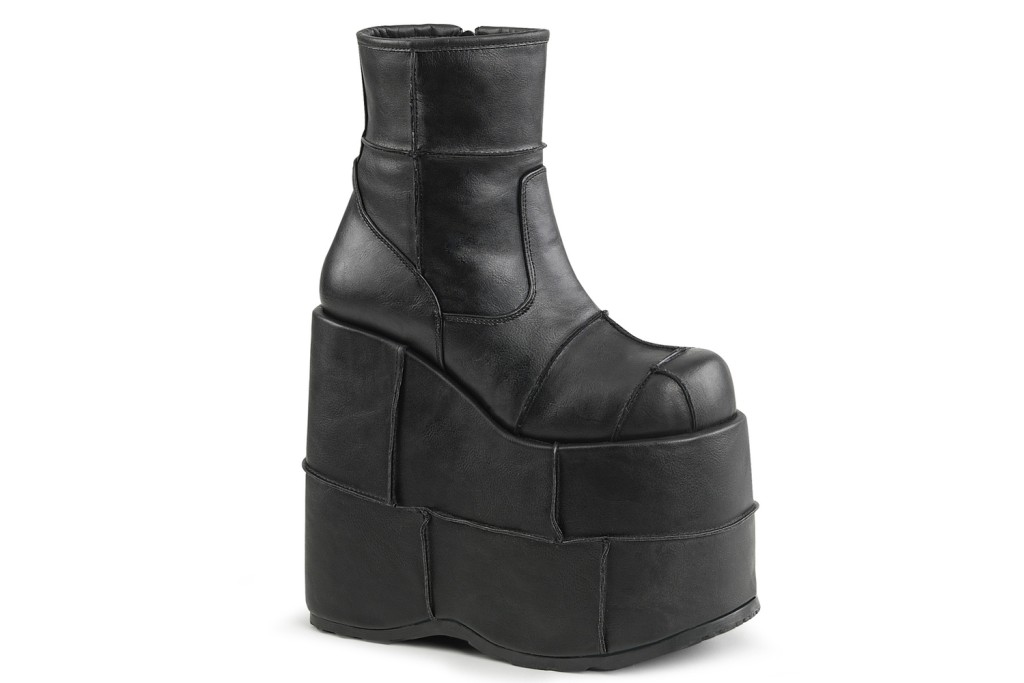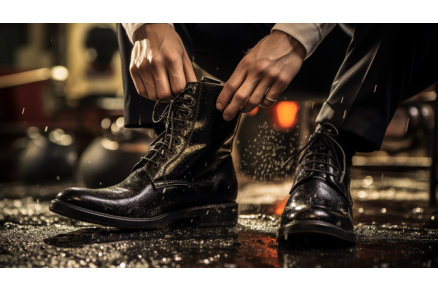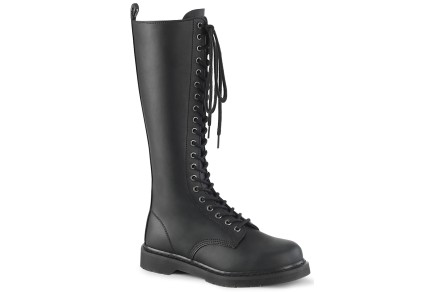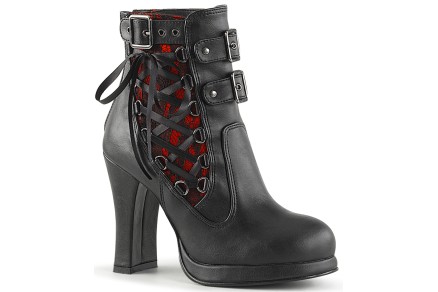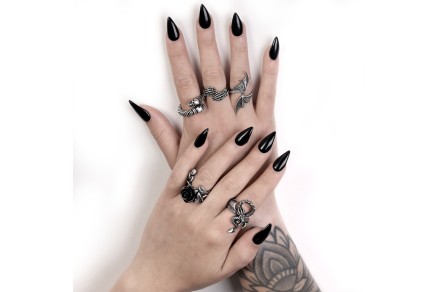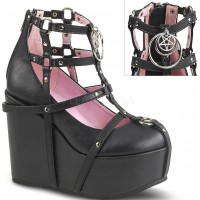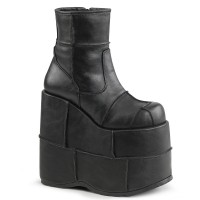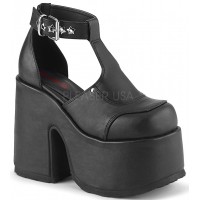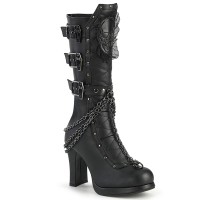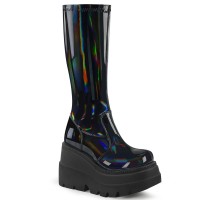What is Vegan Leather? Exploring the Rise of Faux Leather in the Fashion Industry
- April 04, 2021
- 876
- 1
Vegan leather has emerged as a prominent trend in the fashion industry, particularly when it comes to shoes and boots. But what exactly is this intriguing material that is capturing the attention of eco-conscious individuals worldwide?
In a world where sustainability and ethical practices are becoming increasingly important, the traditional method of using animal hides, such as cows or pigs, to produce leather is gradually losing its appeal. As a result, the term "vegan leather" was introduced a few years ago as a more environmentally conscious alternative. Essentially, vegan leather refers to faux leather or fake leather—a man-made substitute that mirrors the look and feel of genuine leather. While it was sometimes referred to as "pleather" in the past, the term is not as commonly used today.
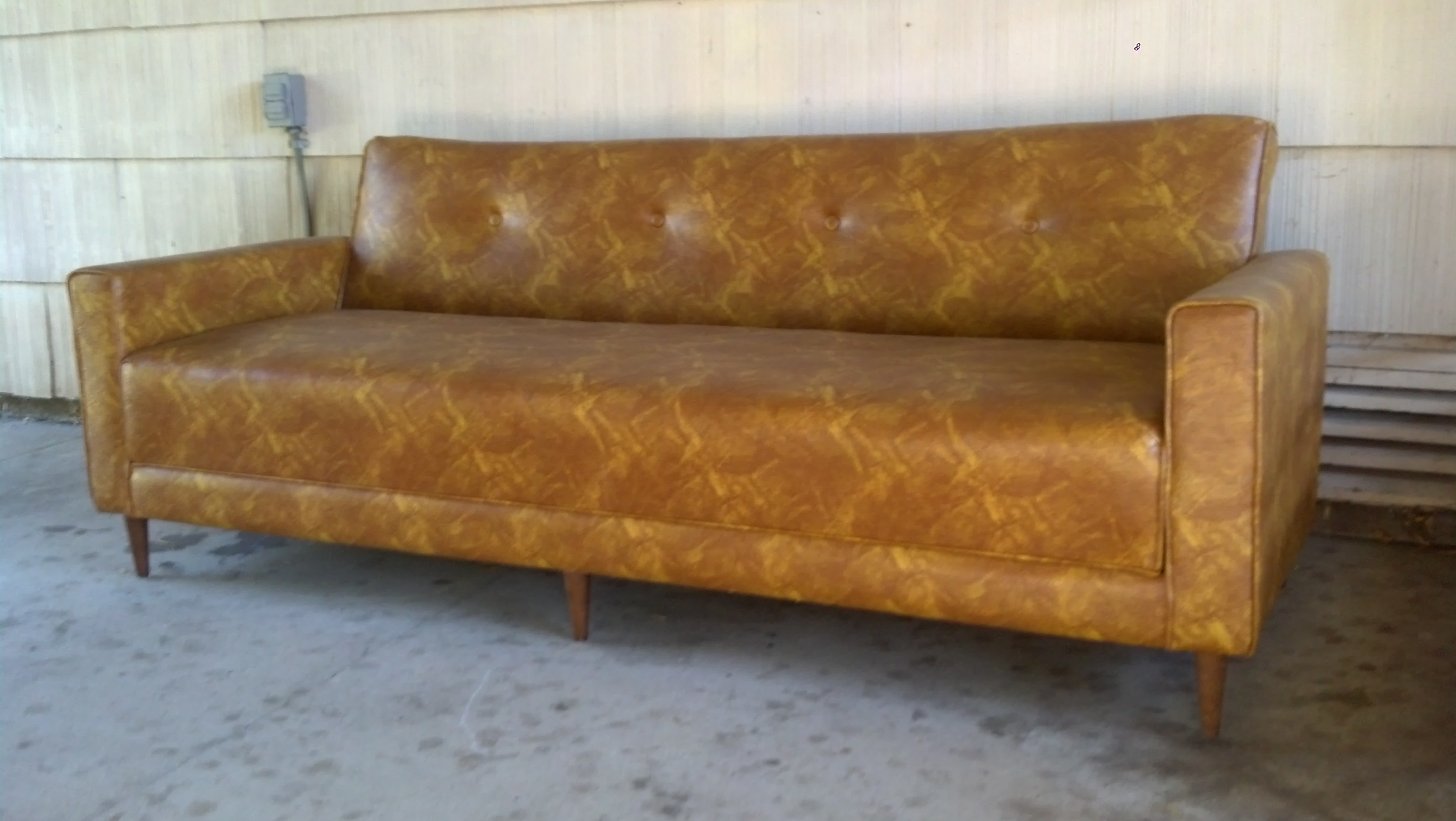 Gone are the days of the old-fashioned vinyl that characterized the faux leather of the 1970s. Say goodbye to the images and distinctive plastic smell associated with vintage vinyl or Naugahyde sofas. Today's faux leathers have evolved significantly, boasting a level of realism that is astonishing. In fact, modern vegan leather can be so authentic that the only thing missing is the scent of genuine tanned leather.
Gone are the days of the old-fashioned vinyl that characterized the faux leather of the 1970s. Say goodbye to the images and distinctive plastic smell associated with vintage vinyl or Naugahyde sofas. Today's faux leathers have evolved significantly, boasting a level of realism that is astonishing. In fact, modern vegan leather can be so authentic that the only thing missing is the scent of genuine tanned leather.
Contemporary vegan leather is an advanced form of polymer that can be shaped and molded into virtually any style or design. Some variants are plant-based, using materials like cork or kelp, while the majority of faux leathers are made from polyvinyl chloride (PVC), polyurethane (PU), or a textile-polymer composite microfiber. Each manufacturer has its own unique formulation, resulting in vegan leather that can feature sparkles, a patent leather-like sheen, or a sleek matte finish. Moreover, faux leather offers a wider array of colors and textures than genuine leather, allowing for more creativity and versatility in fashion design.
As the demand for leather alternatives continues to rise, numerous beloved brands have embraced vegan leather options. Allure Lingerie, once renowned for its leather corsets and clothing, has made the decision to discontinue its leather wear in favor of vinyl, wet-look lycra, and vegan leather. Hades Alternative Footwear has been a prominent advocate of vegan leather from the very beginning, offering some of the most remarkable faux leather creations in the industry. Demonia Shoes, known for its Gothic boots, has transitioned to vegan leather in the majority of its styles, moving away from genuine leather. Pleaser USA, Demonia's sister brand, has long incorporated polyurethane (PU) in its shoes and boots, and now its new designs embrace even more realistic vegan leather materials.
The influence of vegan leather extends beyond the fashion world. Even luxury car manufacturers such as Tesla, BMW, and Mercedes-Benz are incorporating vegan leather interiors into their high-end vehicles. This shift illustrates remarkable progress.
Related Posts
Who Wears Gothic Shoes and Boots?
- 1289
- 2
Discover the wide range of men who embrace gothic footwear for men, from fashionistas to medieval enthusiasts. Explore the unique styles, preferences, and passions that drive these individuals to wear..
Gothic Boots for Men - Combat, Platforms, and Creepers
- 1107
- 1
Explore the realm of gothic boots for men and immerse yourself in the world of combat boots, platform boots, and creepers. Uncover the origins, unique features, and fashion-forward appeal of these ico..
How to Style Platform Boots for Women
- 983
- 1
Discover how platform boots for women can enhance your fashion game. Explore style tips for casual chic, edgy glam, boho vibes, street style, and office chic. Elevate your style with these versatile a..
Maintaining Pewter Gothic Jewelry: Essential Cleaning Tips for Fine English Pewter
- 873
- 1
Discover effective methods to clean and revive the allure of your Gothic pewter jewelry. Learn how to safely remove dullness and maintain the lustrous appearance of your pewter pieces. Gothicplus.com ..








